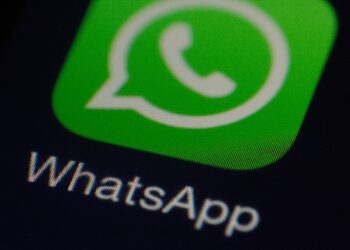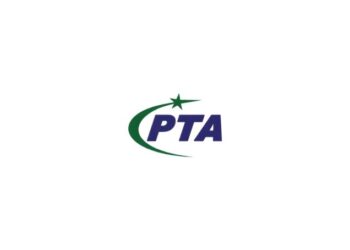A total of 67 digital rights groups from more than 25 countries have banded together in opposition of Internet.org, publishing an open letter to founder and Facebook CEO Mark Zuckerberg.
Launched by the social network in 2014 and now available in 10 developing countries, the initiative offers a set of websites and apps – including Wikipedia, BBC News and, of course, Facebook – that are free to use as long as you are signed up with one of the number of partner mobile networks.
“The more we connect, the better it gets,” goes the Internet.org tagline, echoing Facebook’s own aim mission statement. But the protesters don’t see it that way.
They believe the scheme violates net neutrality and goes against the principle that governments and internet service providers should treat all data on the internet equally, not showing preferential treatment, or discriminating against users, or sites.
In the letter, the group admits: “We support the goal of bringing affordable internet access to the two-thirds of the world who currently lack it.”
But they’re worried Zuck and co, are “building a walled garden in which the world’s poorest people will only be able to access a limited set of insecure websites and services” and that those net newbies will unknowingly have their data harvested the minute they log on via Internet.org.
It raises the question: is that altruistic aim to better the lives of the less fortunate the full story? Or could it be the prospect of 4.5 billion sign-ups on Facebook, and the associated advertising revenue, that’s driving Internet.org’s expansion? In truth, it’s probably a bit of both.
Of course, it would be beneficial to get more people online, but when it comes to freedom of information, this format is more than a bit iffy.
While it’s heartening to see campaigners standing up for net neutrality, with the backing of a multi-billion dollar business, it’s unlikely Internet.org will change its stance any time soon.


















